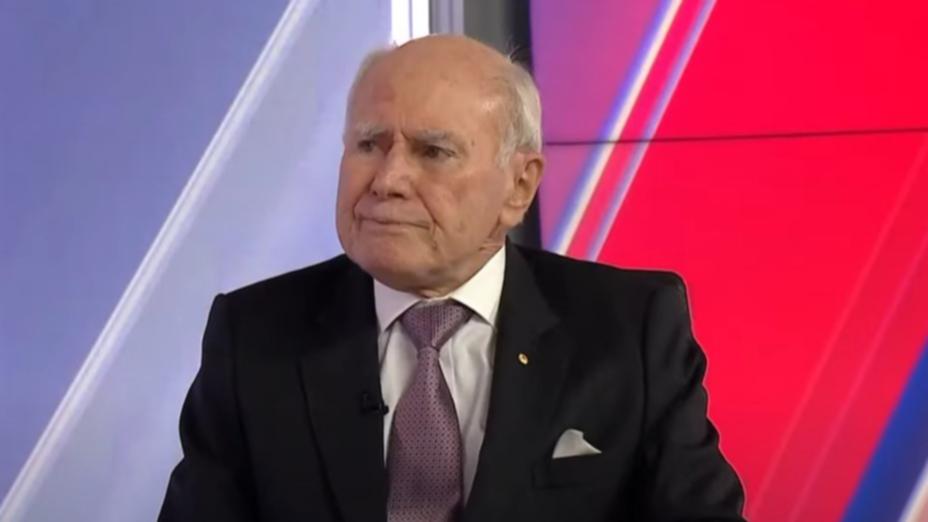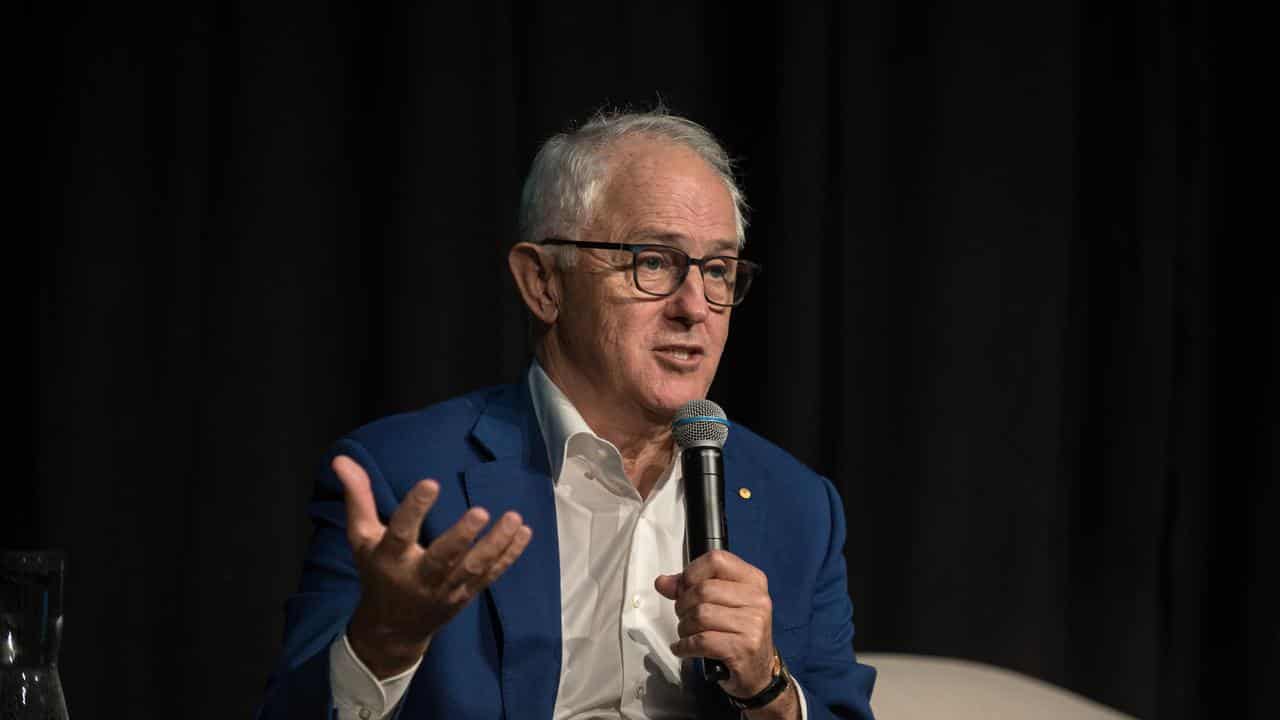Politics | The Economist

Dec 9th 2021
Olaf Scholz was sworn in as chancellor of Germany, ending the 16-year tenure of Angela Merkel. Mr Scholz, a Social Democrat, leads a three-party coalition, Germany’s first since the 1950s, which includes the Greens and the pro-enterprise Free Democrats. The parties have approved a detailed plan for governing, which includes a higher minimum wage and building more homes. First, however, they must contend with a fourth wave of covid-19.
Austria’s chancellor, Alexander Schallenberg, resigned after less than two months in the job. The new chancellor, Karl Nehammer, now has the job of enforcing a controversial vaccine mandate that covers all Austrians.
Look back in anger
Pandemic restrictions were tightened in England as Omicron infections surged. The government advised people to work from home and ordered them to wear masks in more circumstances. Proof of vaccination or a negative covid test will be required to enter large venues. Meanwhile, the government struggled to explain why staffers held a party at 10 Downing Street in December 2020, when the rules stopped ordinary folk from meeting up.
Joe Biden and Vladimir Putin held a two-hour video conference to discuss a huge build-up of Russian troops on the border with Ukraine. Mr Biden vowed to impose robust economic sanctions if Russia were to invade Ukraine again. These might include blocking Russia’s Nord Stream 2 gas pipeline. Mr Biden is highly unlikely to send American troops to defend Ukraine, but may offer more cash, arms and training. Mr Putin has hinted that he thinks Ukraine should be part of Russia.
Pedro Castillo, the new left-wing president of Peru, avoided impeachment, after Congress voted against a motion to proceed. Mr Castillo’s supporters, of whom there are a diminishing number in the country, called the impeachment proposal a right-wing coup attempt. Protesters, both for and against Mr Castillo, took to the streets.
Chile became the latest country in Latin America to legalise gay marriage. This came two weeks before a presidential election, in which one of the front-runners has argued that “society works best with heterosexual couples”.
A military court in Myanmar found Aung San Suu Kyi guilty of violating covid restrictions (she held a campaign rally) and disturbing public order (her party’s Facebook page objected to the military coup against her in February). For these ridiculous charges, she faces two years in prison. For others yet to be heard, she faces a life behind bars. Her party won election by a landslide in 2020, but is now largely in hiding.
Rohingya refugees filed a class-action lawsuit against Facebook’s parent company, Meta, in the United States. They are seeking $150bn in compensation, alleging that the company did not do enough to stop others from using its platform to incite violence against Rohingyas in Myanmar, where they have been so brutally persecuted that hundreds of thousands have fled. If successful, the suit would be unprecedented.
Bipin Rawat, India’s chief of defence staff, was killed in a helicopter crash. Foul play is not suspected.
Najib Razak, Malaysia’s former prime minister, lost an appeal against a 12-year jail term for corruption. American authorities say more than $1bn has passed through Mr Najib’s bank accounts. Mr Najib, who still hopes to return to mainstream politics, can make one more appeal in Malaysia’s federal court.
Western officials sounded pessimistic as talks over the future of the nuclear deal signed between Iran and six world powers resumed in Vienna. America accused Iran of reneging on compromises it had agreed to in previous rounds of talks. Iran has accelerated its nuclear programme in violation of the deal.
Houthi rebels in Yemen attacked Saudi Arabia with several missiles and 25 armed drones. The Saudi-led coalition fighting the Houthis responded by bombing the Yemeni capital, Sana’a, and other cities. Fighting has intensified, despite international efforts to broker a ceasefire.
The United Arab Emirates is to cut the public-sector work week to four and a half days and move the weekend to Saturday-Sunday. It will thus become the only Gulf state not to have a Friday-Saturday weekend, aligning its economy with non-Arab markets.
Seven UN peacekeepers were killed when a bomb struck their convoy in central Mali; over 230 blue helmets have been killed in Mali since 2013.
Adama Barrow was elected to a second term as president of the Gambia in the first vote in decades that was not dominated by Yahya Jammeh, the former coup-leader who ruled from 1994 until his defeat at the polls by Mr Barrow in 2016.
Ethiopia said government forces recaptured Dessie and Kombolcha, two strategic towns north of the capital, Addis Ababa. The fall of the towns to rebels from the northern region of Tigray in October had sparked fears that the capital itself might fall and prompted several Western governments to tell their citizens to leave the country.
America decided not to send its officials to the Winter Olympics in Beijing in February 2022, citing “egregious” human-rights abuses in Xinjiang. (American athletes will still compete.) Some other countries, including Australia, Britain and Canada, announced that their officials would also stay away.
Happy new year
Bill de Blasio, who will soon leave office as mayor of New York, introduced a vaccine mandate for the private sector that will come into force on December 27th. The mandate is stricter than the federal government’s, which is due to begin on January 4th. It applies to all businesses, rather than just firms with 100 employees or more. Even tiny corner stores will have to exclude unvaccinated customers. For shoppers, proof of a negative covid test will be no substitute.
This article appeared in the The world this week section of the print edition under the headline “Politics”




